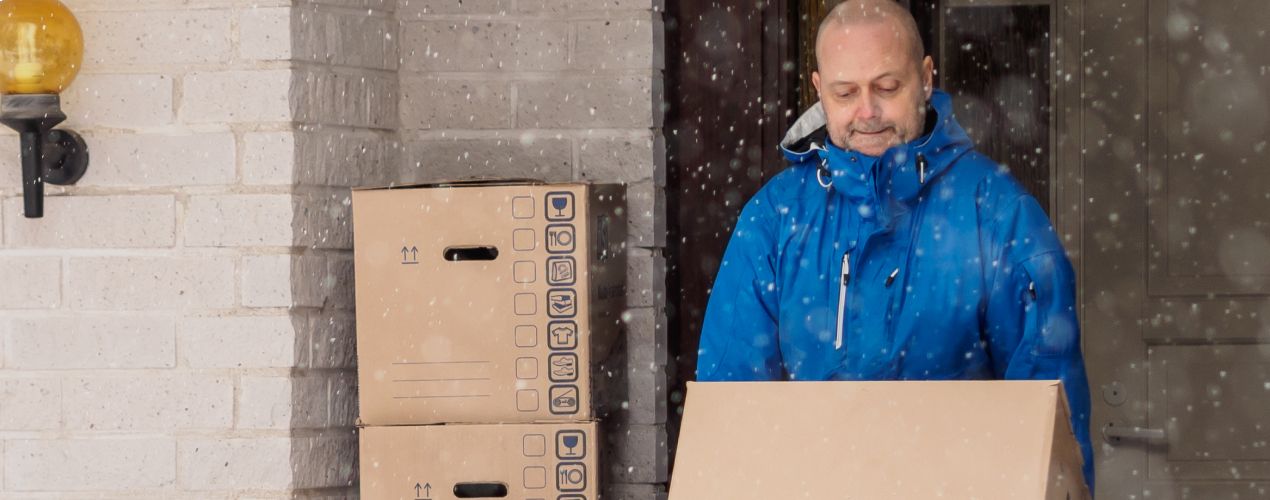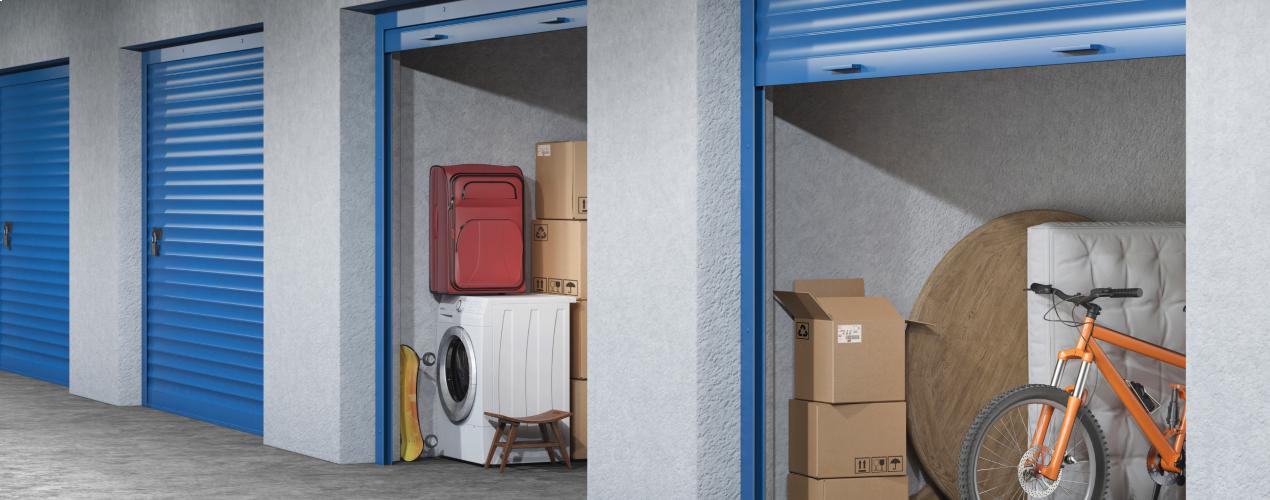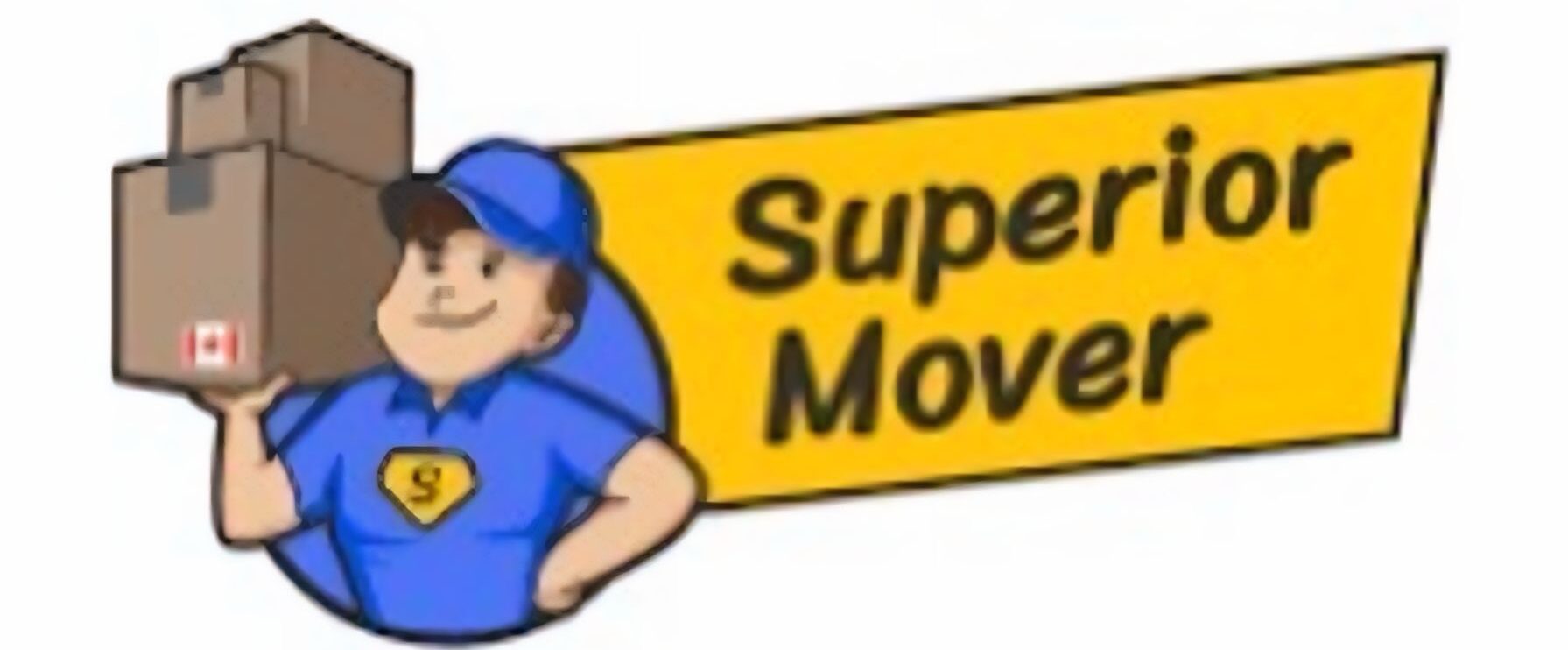
Cutting Moving Costs without Sacrificing Quality
10 smart strategies to reduce moving costs
Moving is a great adventure! Whether you are starting a new job or just relocating to change scenery, it is an exciting experience. The new location opens up a whole world of opportunities. However, this excitement comes with a long list of expenses, and that’s why knowing how to save on relocation costs is crucial. With decades of experience, we have performed many moves across Canada and know how to reduce moving costs. Here are some tips from our experts:
Tip #1: You should be flexible

Being flexible when it comes to your moving date is a good way to save some money. It can be difficult depending on the circumstances of your move, but it can also make all the difference. It is best to choose a weekday to move rather than a weekend or a holiday. There will likely be less demand, so you can get a cheaper price from the moving company you choose.
Prices are also higher at the beginning and end of each month. Avoid moving in the summer if you can. You’ll not only be less uncomfortable and sweaty during your move but also find a lower price. The summer months are the most popular because families move during school holidays.
Tip #2: Declutter your home
It is the perfect time to downsize. Sorting your furniture and belongings is a great way to get motivated. You can take your time and sort through every item to decide if you want to keep it or throw it away. Besides, you’ll be able to relocate quicker and more affordably if you have fewer items.
It’s also a good time to start thinking about your future home. Review the plan of your new dwelling and begin to think about where you would like to put your furniture. If your armchair and couch won’t fit into your new living space, it’s best to choose one and get rid of the other. This way, you will avoid moving unwanted items and reduce your moving weight.
Tip #3: Donate or sell any unwanted items
What to do now that the downsizing is over? You can sell these things to make money. It is important to make sure that all the items are in good condition. No one will buy something that is broken, smelly or worn out. You can research similar things to find out what the market price is and where you can sell them. If you can’t sell the item, donate it to family members, friends, or a local charity.
Tip #4: Store things away

Is it really necessary to bring that porcelain vase to your new home? You should now only have the essential furniture and belongings. What about the precious items you can’t bring with you but still cannot bear to part with? These items can be stored in a special facility. It is a good way to keep your items safe and secure. If you store your treasured items in a secure location, they won’t be damaged by dust, water or vermin.
Tip #5: Use your own boxes
It can be a waste of money to buy boxes at a moving supplies or office supply store. These boxes are usually overpriced and of poor quality. You’re likely to throw them out before you move again. To avoid unnecessary expenses, you can find affordable moving boxes in a few different ways. Ask your friends, relatives or neighbours if they have any boxes.
You can also reach out to people who have just moved or ask shopping centres, supermarkets, and bookshops if they are willing to give you any boxes. You can try to purchase or rent boxes from some moving companies. Thus, you will receive high-quality boxes that are uniform in shape, which will make moving more efficient.
Tip #6: Compare prices on utilities
When moving to a new address, you will most likely be tempted to renew your existing utility contracts. Many utility companies simplify this process to retain their customers. You can save money by looking for alternative services. It may be worth signing up for a new utility service, as many companies offer discounts or good deals for new customers.
Tip #7: Don’t order a takeout
When you move, you’ll be tempted to spend money on takeout and snacks. It’s hard to resist ordering food when you’re tired and have packed most of your kitchen utensils. You can save money by doing some preparations before you move.
Pack your kitchen utensils strategically so that you can continue to use the essentials. Set aside a few basic items such as plates, cutlery, and glasses. The day before the big day, pack food that doesn’t need to be refrigerated or frozen. A bar of muesli or granola will provide you with energy for the whole day and help you save money.
Tip #8: Find what you need by contacting a local group
It’s not uncommon for us to get overzealous when downsizing and throw away some things. It’s possible that something you threw away (like a snake door) from your previous home will be needed in your new one. Replacing these items or even buying new ones can be expensive. Try to find out what your neighbours are selling. Some may offer to trade items or give you something for free. Besides, it is a good way to meet new people. Join a social media group dedicated to your neighbourhood or contact local clubs.
Tip #9: Save on a cleaning service
Cleaning services can be expensive, whether you’re cleaning your home thoroughly or giving it some maintenance. You can save money by cleaning your home yourself. By not hiring a cleaner, you can save several hundred dollars. If you don’t know how to do it properly or don’t have the time, post an ad on social media about companies that provide trial services. Be sure to describe your expectations, and then inspect the property after the job is complete before paying.
Tip #10: Call expert movers
Asking friends and family to help with a move can be a great idea if you are looking for how to cut moving costs. Asking for help may sound like a good idea, but it comes with certain risks. It’s important to consider their schedules, and it may be awkward or upsetting if items are lost or damaged during the move (some friendships have been destroyed over less). You can also be asked to volunteer to assist with their next move.
You can trust professionals to move your items efficiently and professionally. If something goes wrong, they will take care of the problem or your insurance policy will cover it. It’s sometimes easier to rely on the pros!






